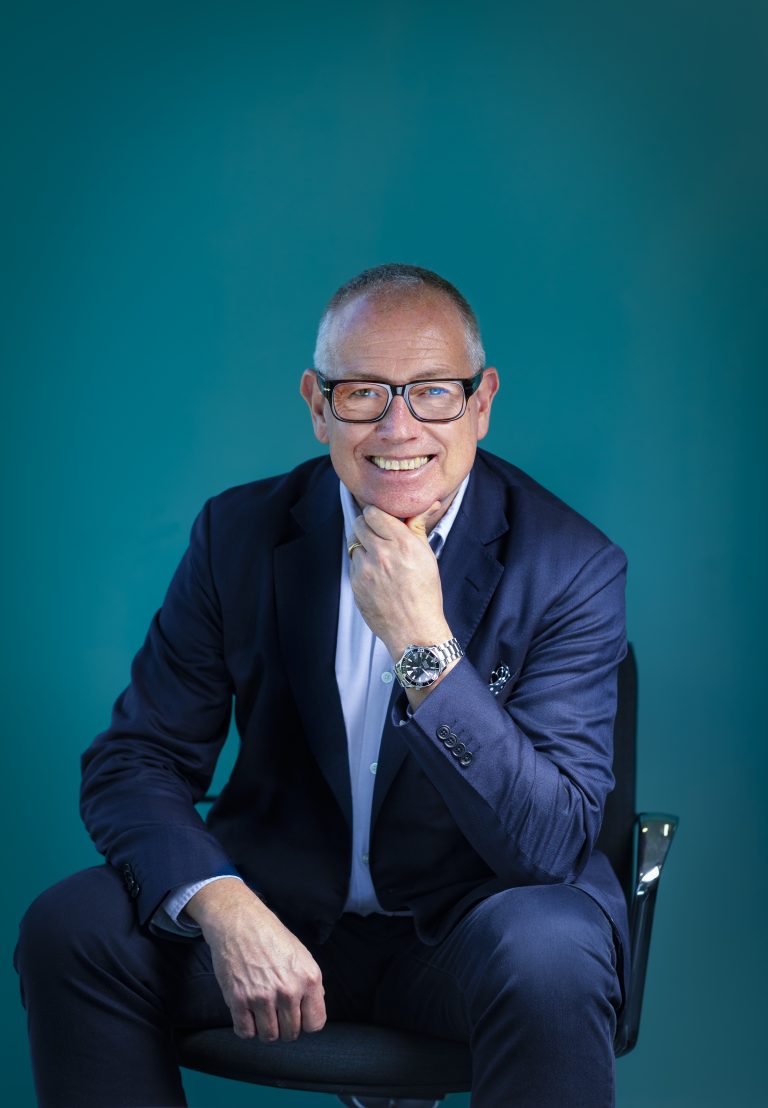IN THE MOST FRIGHTENING STAGES OF THE PANDEMIC, FIRST BUS CONTINUED TO OPERATE, IN ORDER TO TRANSPORT ESSENTIAL SERVICE PEOPLE IN COMMUNITIES. THE BRAVERY OF THE STAFF THAT KEPT GOING WAS INSPIRATIONAL. THAT DARK TIME DELIVERED SOME IMPORTANT LEARNING ABOUT HOW WE ALL MOVE FORWARD AND NOW THIS IS AN ORGANISATION THAT IS CHANGING AND POSITIONING ITSELF IN THE FUTURE FRAME OF TRANSPORTATION. HERE, CPO KEVIN GREEN EXPLAINS THE ROAD AHEAD.







